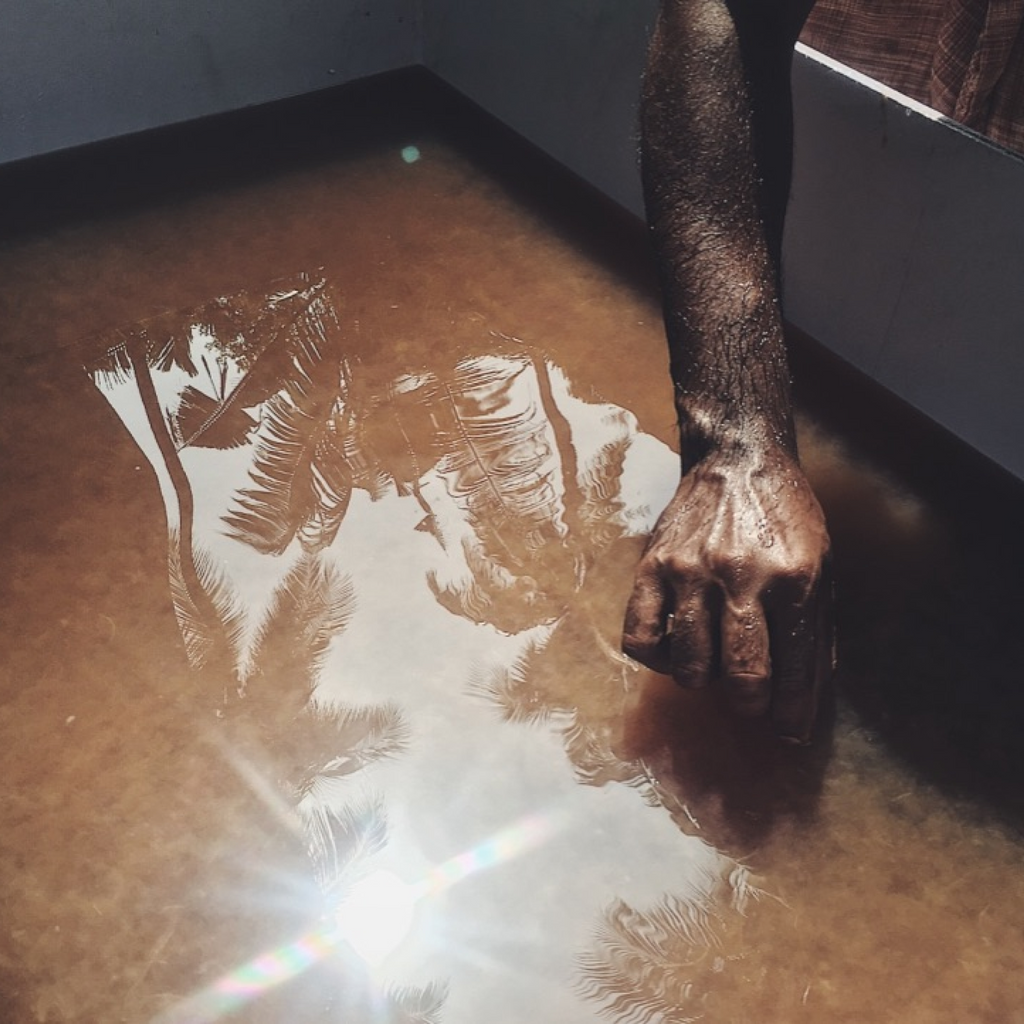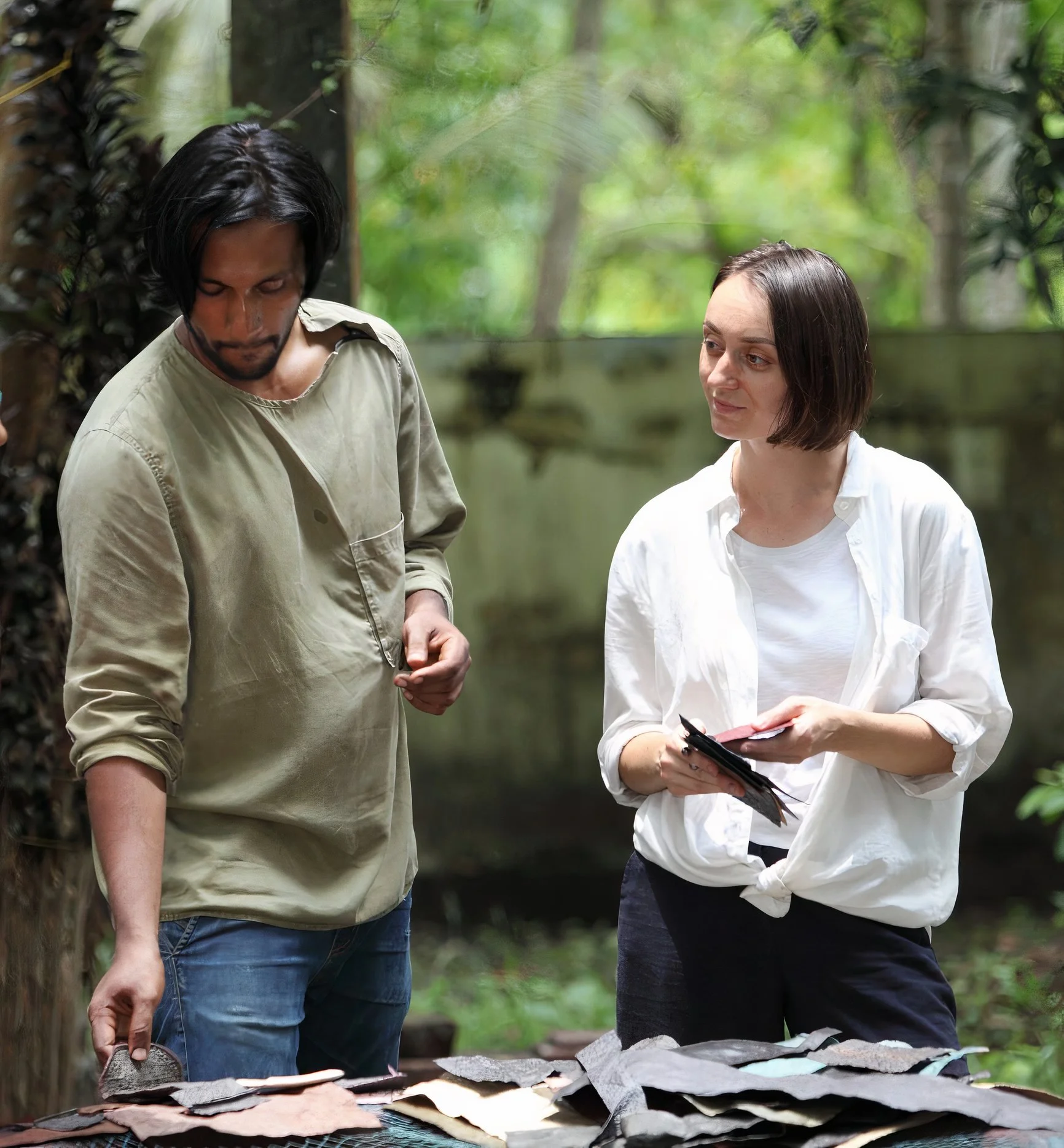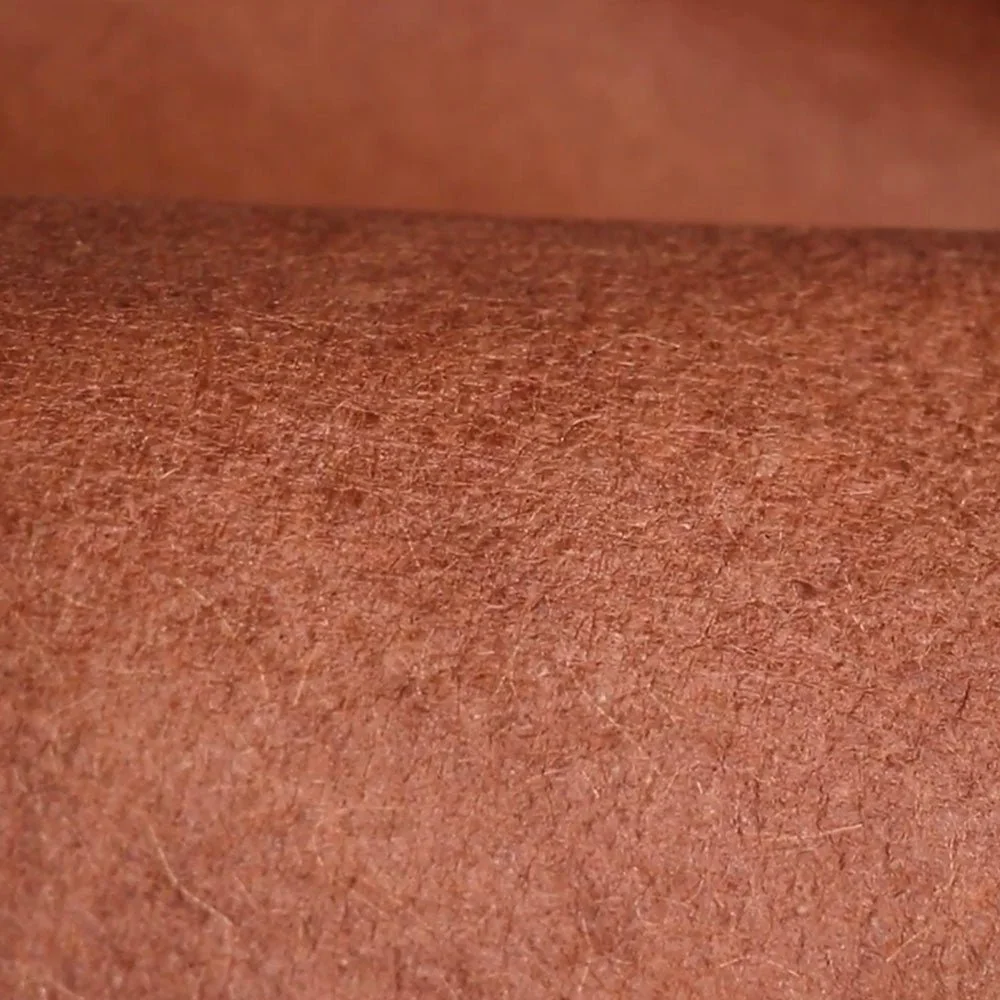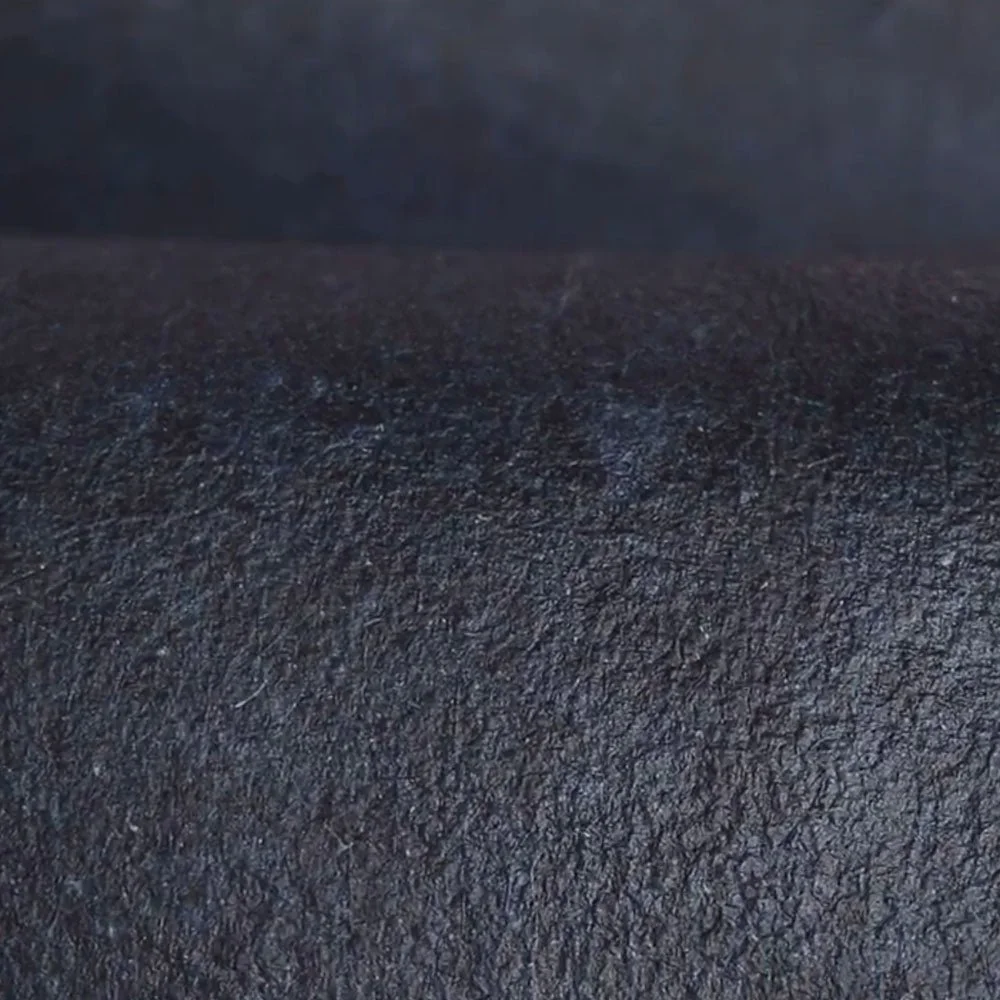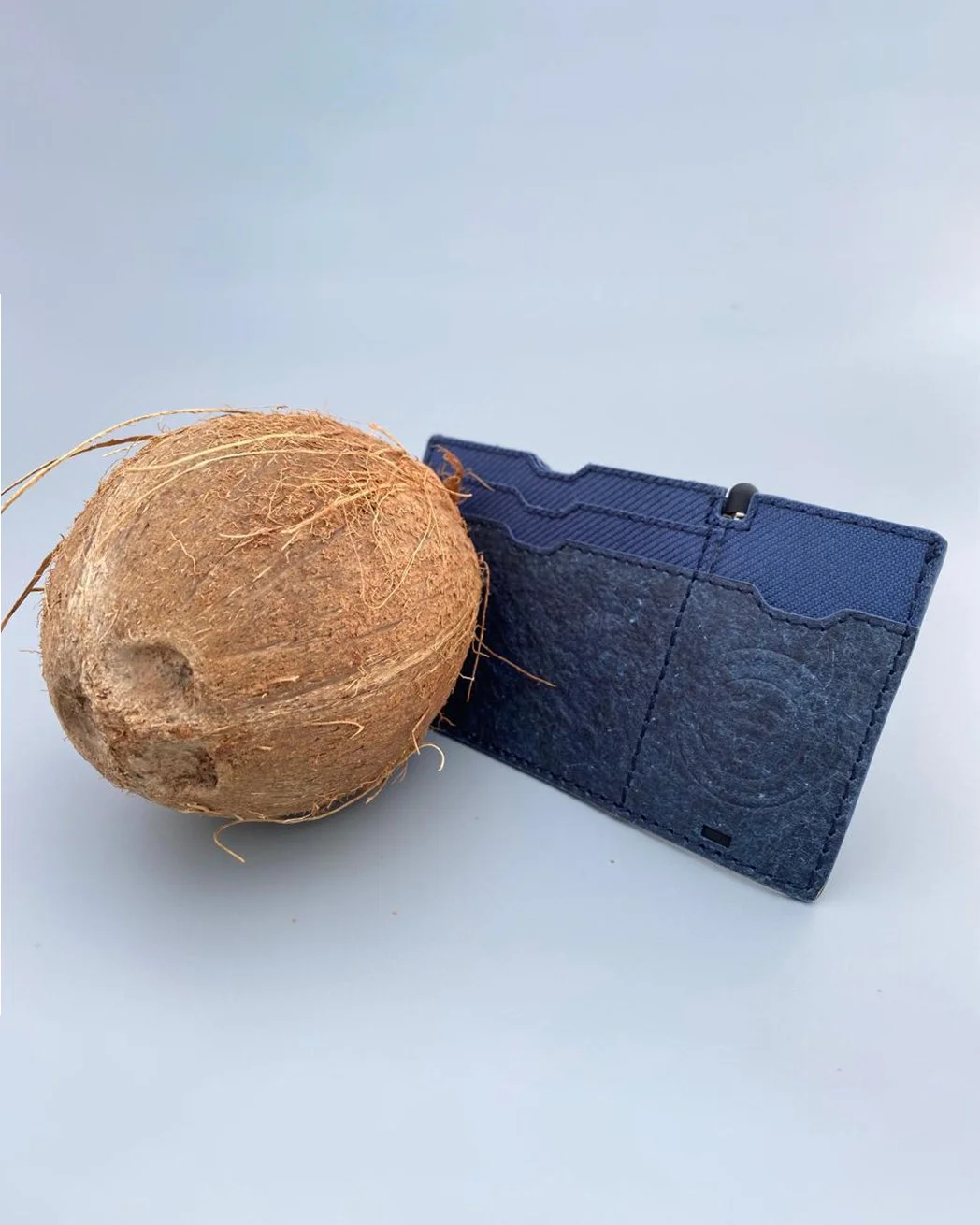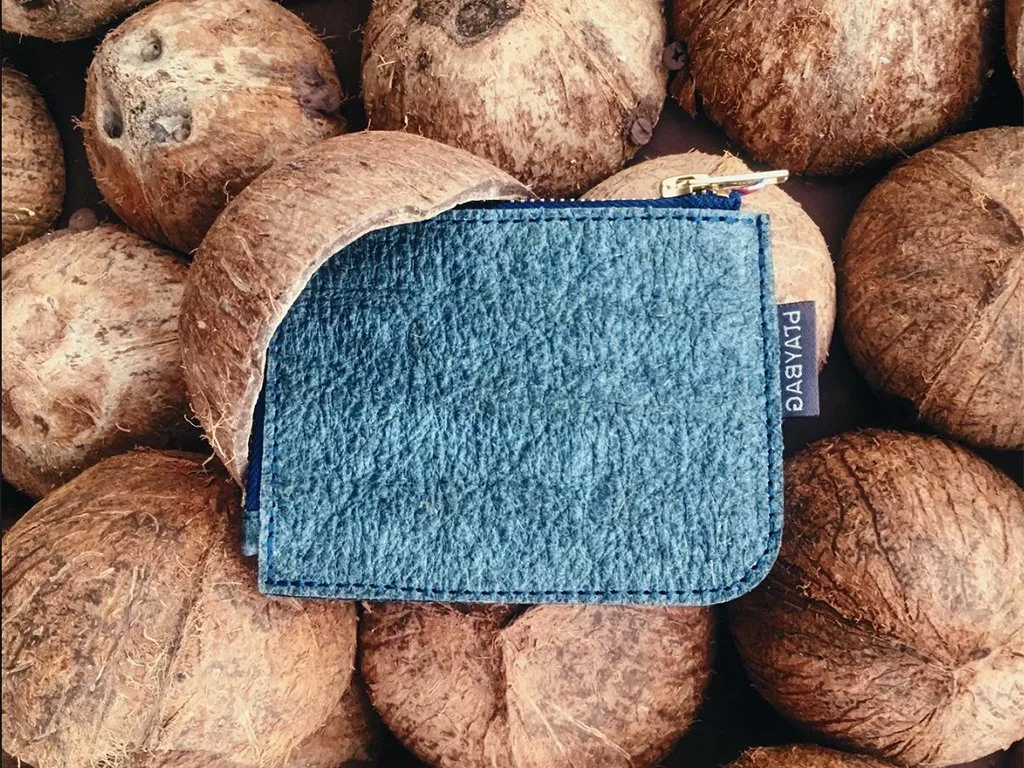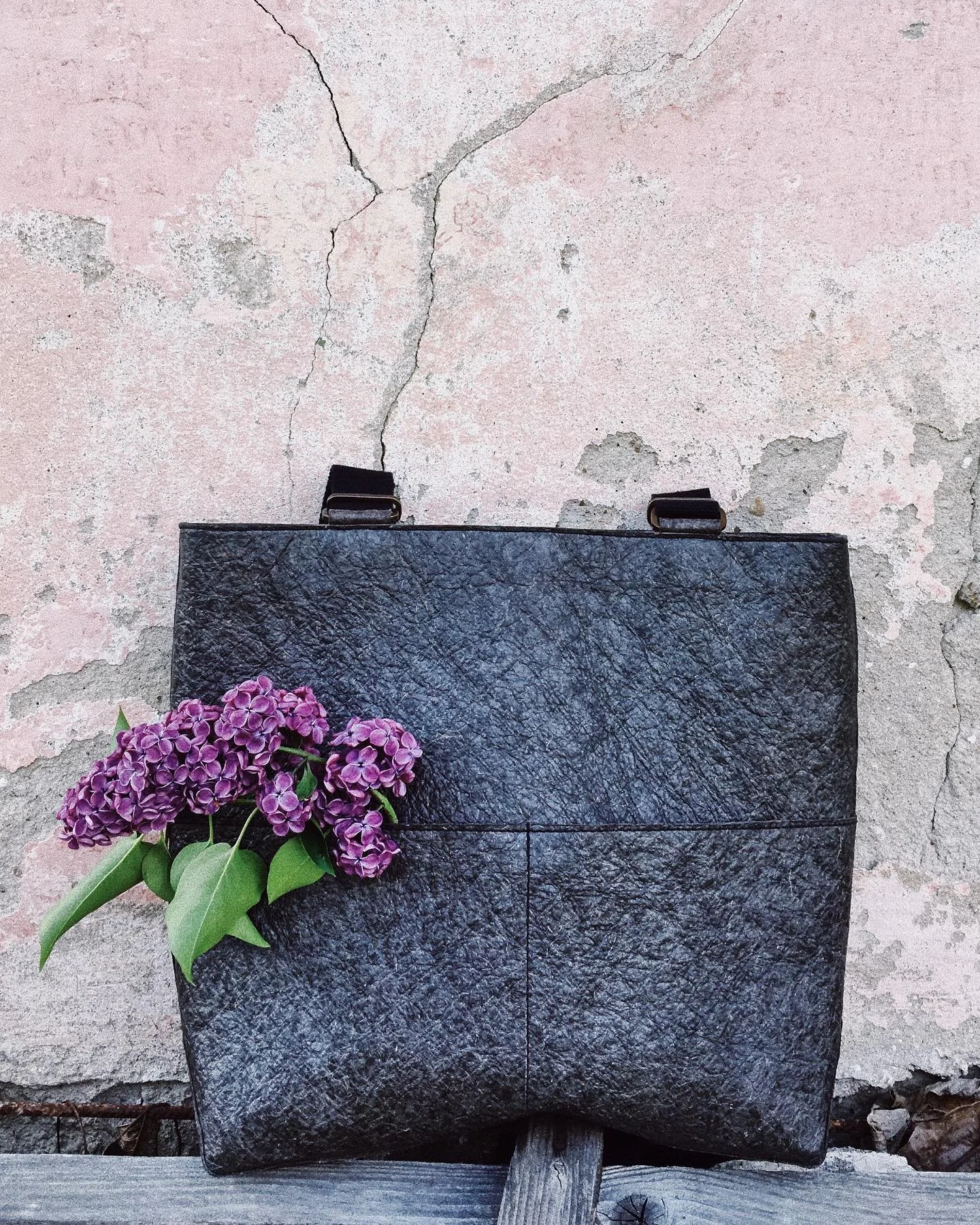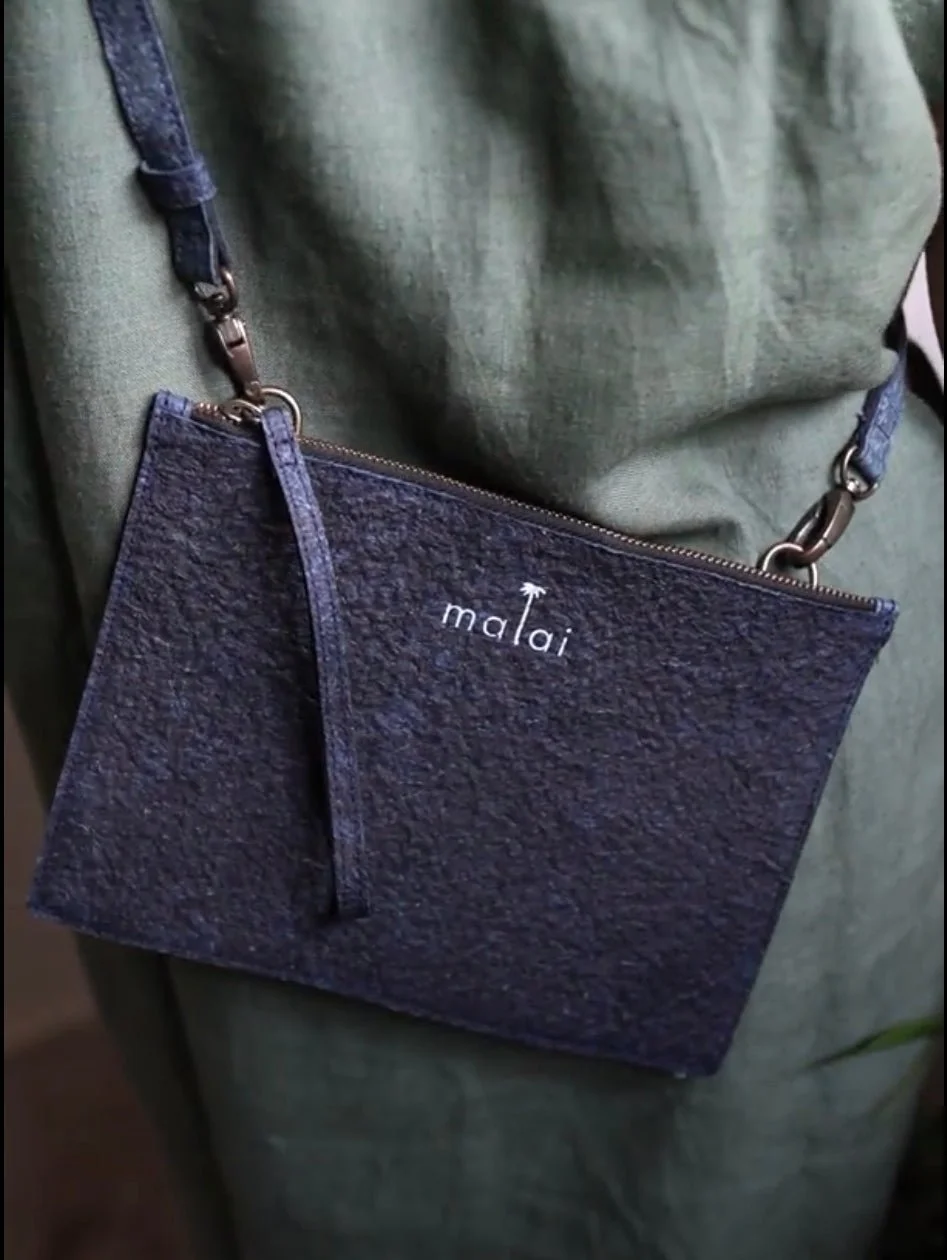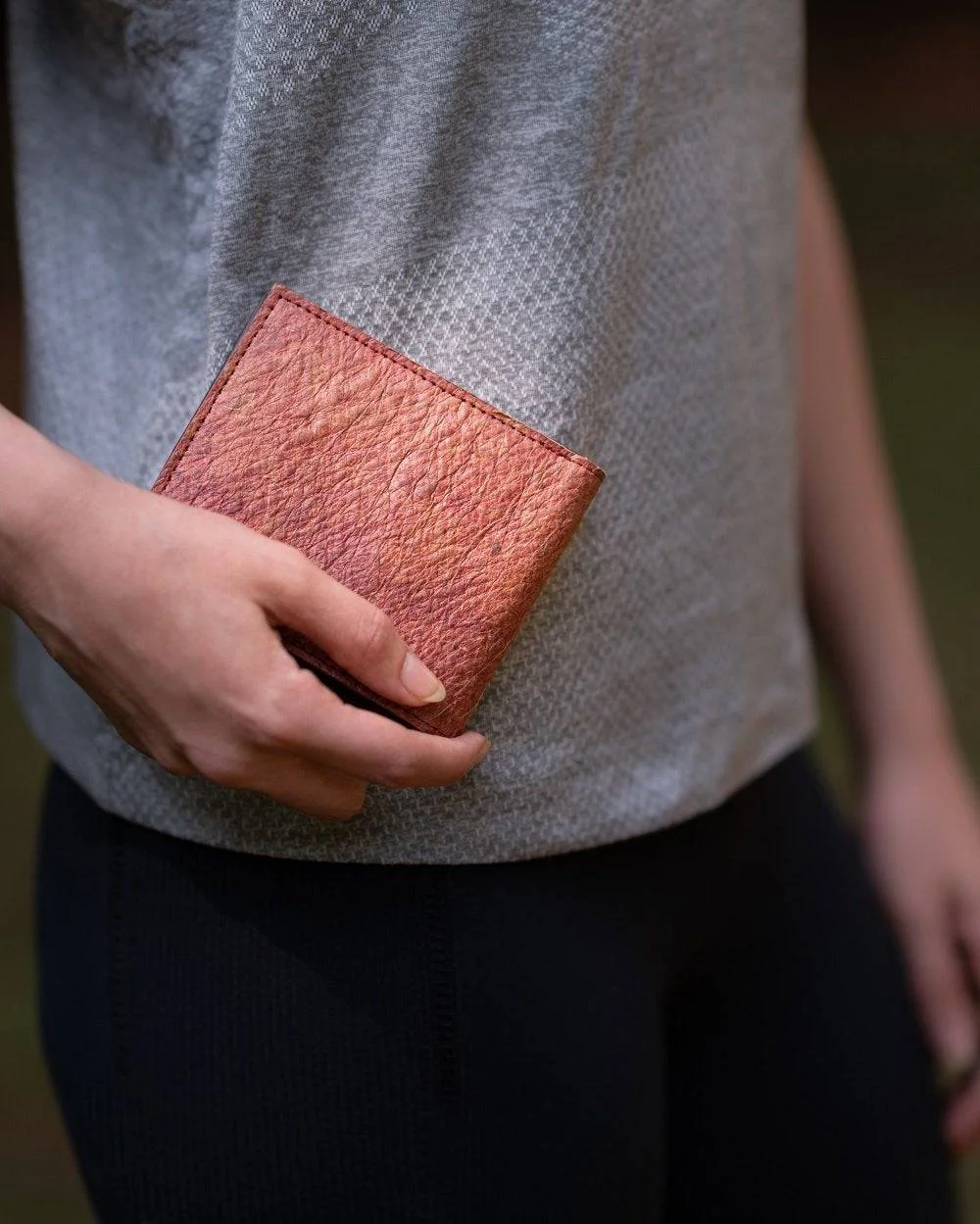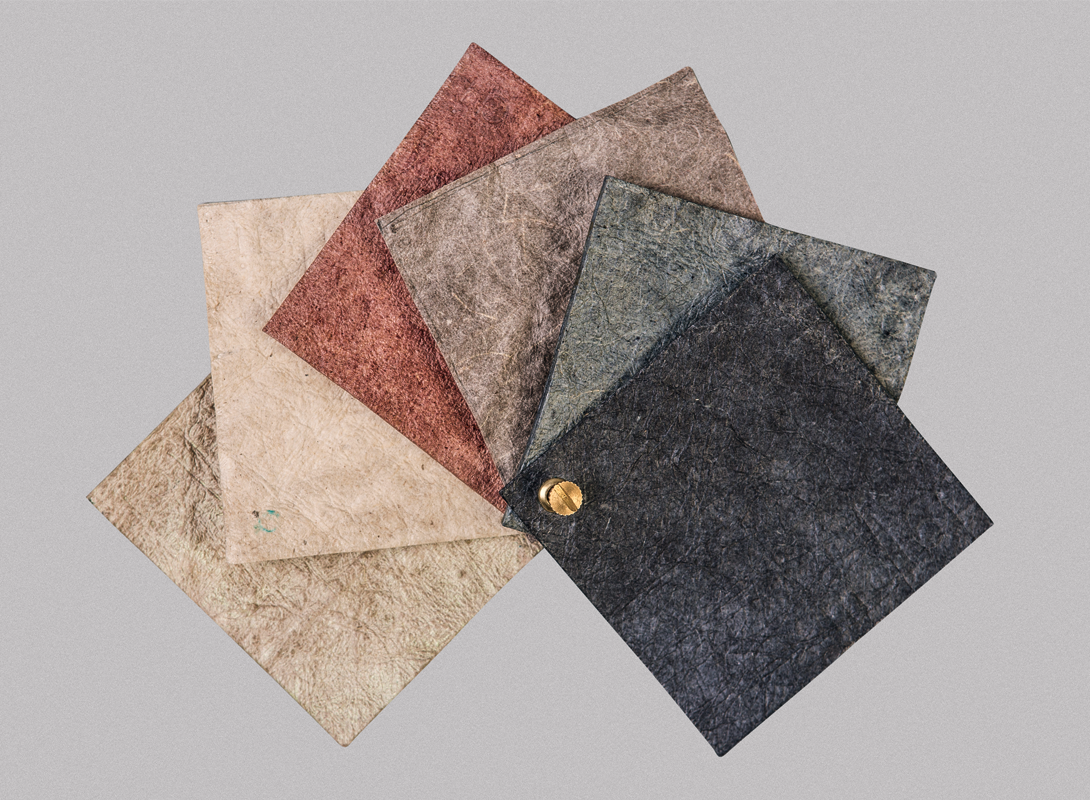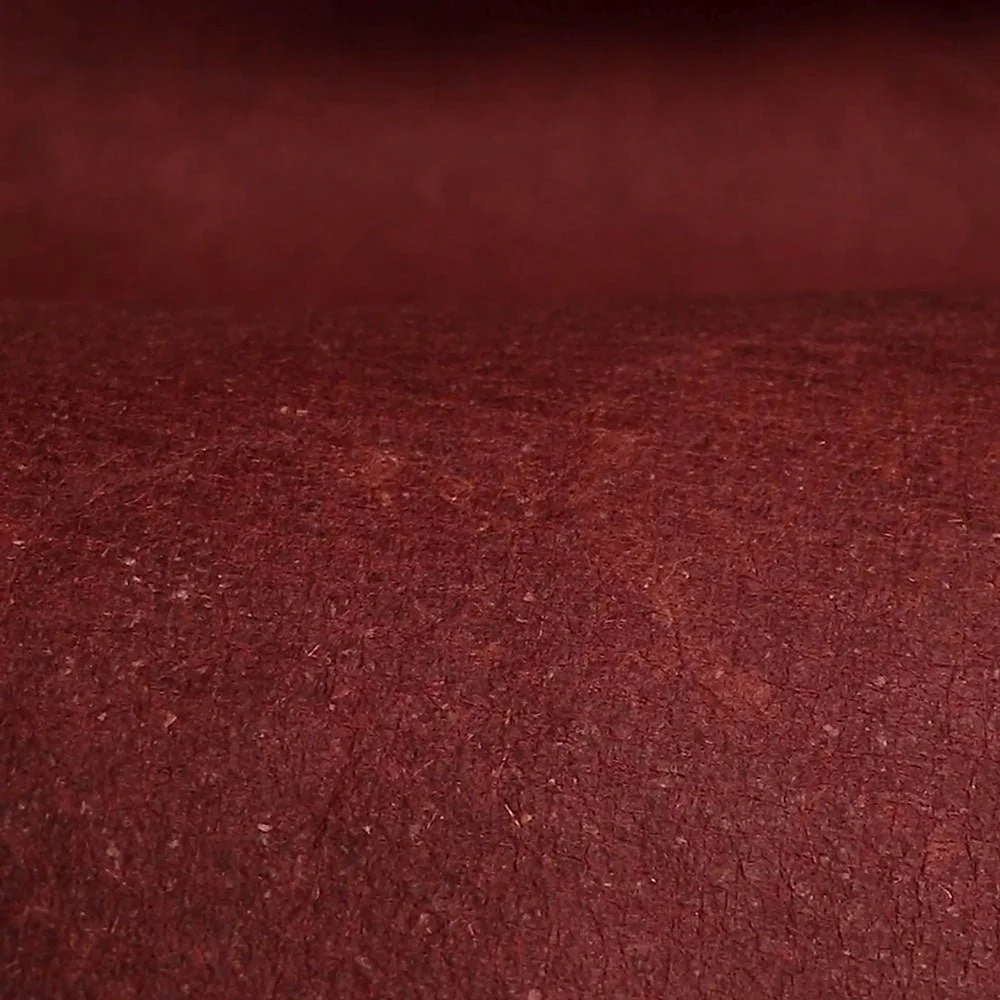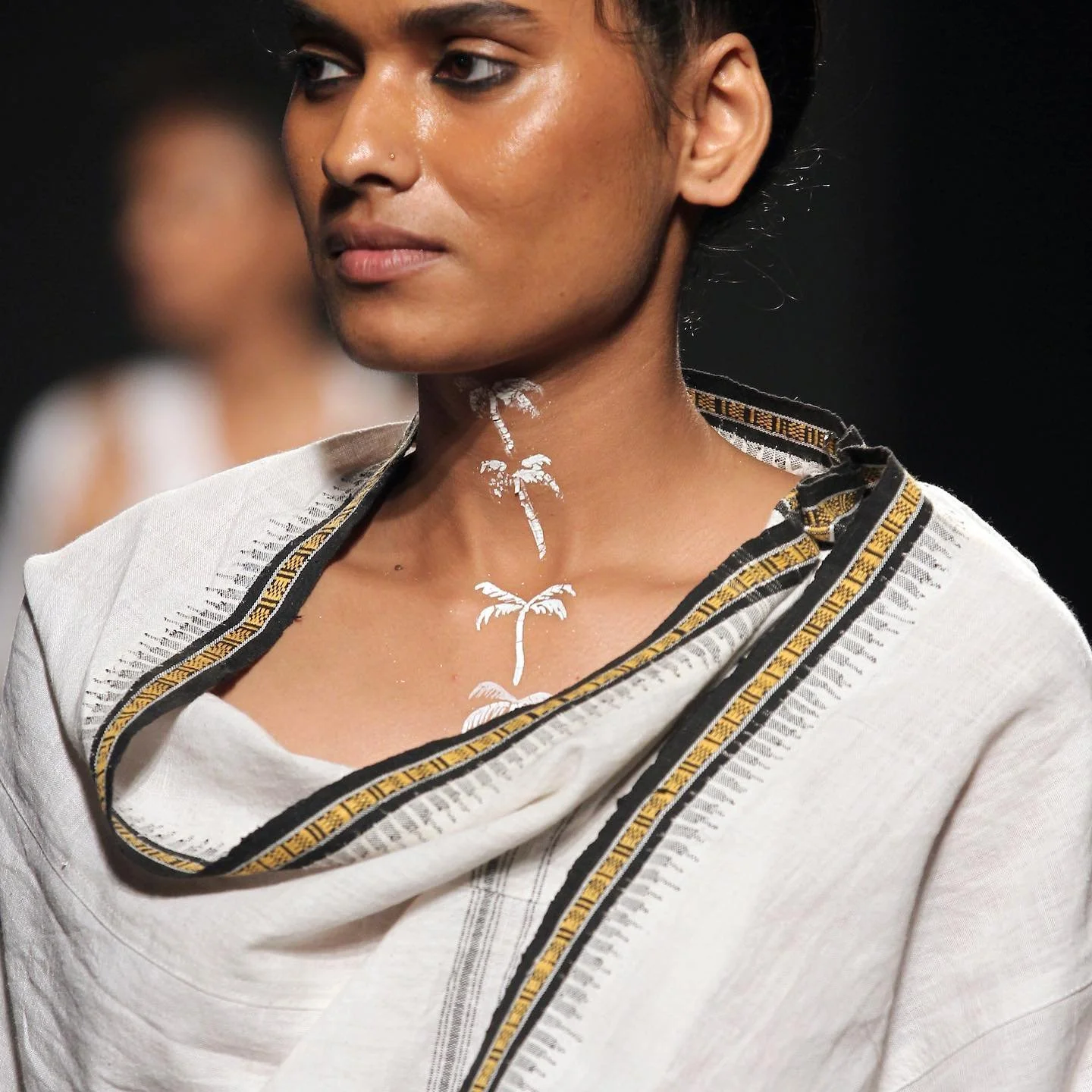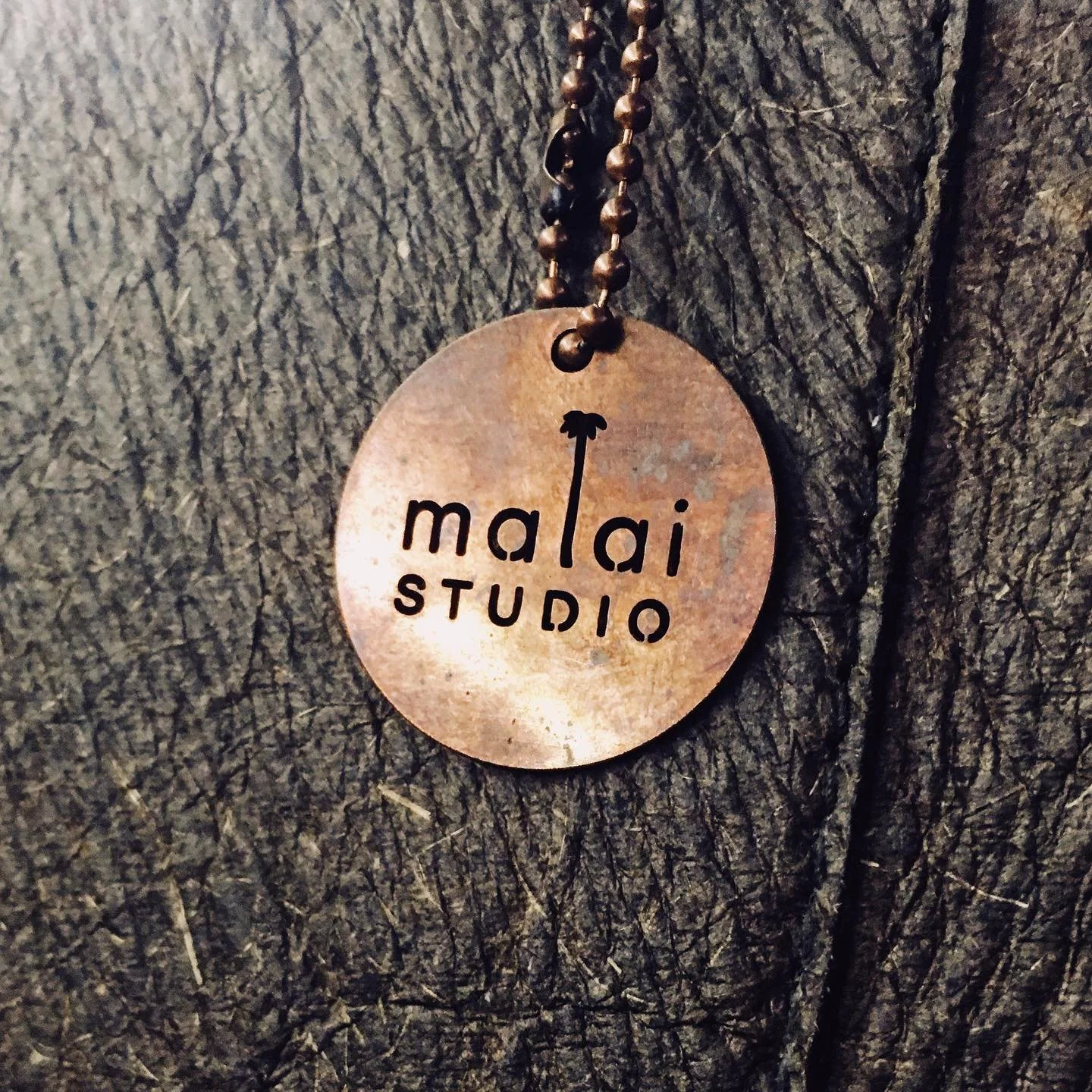Malai Eco produce vegan & compostable coconut leather materials
Malai Eco is a sustainable materials company founded by Susmith C S, a product designer and maker from Kerala, India, and Zuzana Gombosova, a material researcher. The company was established with the mission to create a new, sustainable material from agricultural waste, specifically from the coconut industry in Southern India. Malai's current mission focuses on producing high-quality, eco-friendly materials that can replace animal leather and synthetic alternatives. Core values include sustainability, innovation, and responsibility, with a purpose to transform waste into valuable resources and promote a circular economy.
Location
Headquarters: Kerala, India.
Primary manufacturing/operations locations: Southern India, working alongside local coconut farmers and processing units.
Note: Strategic location in Southern India to optimize local sourcing, distribution, and collaboration with coconut farmers.
The Circular Vision
Core circular economy principles: Designing out waste, using organic and sustainable materials, and creating products that are fully biodegradable.
Key innovations: Development of Malai, a material made from bacterial cellulose grown on agricultural waste sourced from the coconut industry. The process involves fermenting coconut water to produce bacterial cellulose, which is then combined with natural fibers to create a durable and flexible material.
Prioritization of local sourcing and closed-loop supply chains: Emphasis on using local agricultural waste and production to minimize environmental impact and support local economies.
Pioneering Solutions
Flagship products: Malai material, which can be used for various applications such as fashion accessories, footwear, and interior design.
Unique value propositions: High-quality, sustainable material that prioritizes circularity, material reuse, and environmental responsibility. Malai is known for its versatility, durability, and eco-friendly properties.
The Regenerative Future
R&D focus areas: Advancing sustainable material technologies, optimizing production processes, and developing new applications for Malai.
Ambitious goals: To lead the material industry in sustainable practices, create zero-waste products, and inspire a shift towards a regenerative approach to material design.
Fact Sheet
Commercial Availability: Products and materials available through direct sales and partnerships with brands.
Environmental Product Declaration (EPD): Information not available.
Circularity Rating: 5/5 (Designed for full circularity).
Key Certifications: Information not available.
Cost Rating: 4/5 (Competitive with conventional alternatives, with significant cost savings in sustainable materials).
Material Passport: Detailed material traceability and use of organic and sustainable materials.
Designed for Disassembly: Yes, products are designed for easy disassembly and material reuse.
Carbon Performance: Focus on reducing carbon footprint through sustainable materials and local production.
Key Takeaway
Malai transforms agricultural waste into high-quality, sustainable materials, setting a benchmark for circularity and environmental responsibility in the material design industry.
Explore Further
Malai website: https://malai.eco
Sustainability overview: https://malai.eco/blogs/malai-material
Example product: Malai material - https://malai.eco/collections/materials
Malai Eco is a sustainable materials company founded by Susmith C S, a product designer and maker from Kerala, India, and Zuzana Gombosova, a material researcher. The company was established with the mission to create a new, sustainable material from agricultural waste, specifically from the coconut industry in Southern India. Malai's current mission focuses on producing high-quality, eco-friendly materials that can replace animal leather and synthetic alternatives. Core values include sustainability, innovation, and responsibility, with a purpose to transform waste into valuable resources and promote a circular economy.
Location
Headquarters: Kerala, India.
Primary manufacturing/operations locations: Southern India, working alongside local coconut farmers and processing units.
Note: Strategic location in Southern India to optimize local sourcing, distribution, and collaboration with coconut farmers.
The Circular Vision
Core circular economy principles: Designing out waste, using organic and sustainable materials, and creating products that are fully biodegradable.
Key innovations: Development of Malai, a material made from bacterial cellulose grown on agricultural waste sourced from the coconut industry. The process involves fermenting coconut water to produce bacterial cellulose, which is then combined with natural fibers to create a durable and flexible material.
Prioritization of local sourcing and closed-loop supply chains: Emphasis on using local agricultural waste and production to minimize environmental impact and support local economies.
Pioneering Solutions
Flagship products: Malai material, which can be used for various applications such as fashion accessories, footwear, and interior design.
Unique value propositions: High-quality, sustainable material that prioritizes circularity, material reuse, and environmental responsibility. Malai is known for its versatility, durability, and eco-friendly properties.
The Regenerative Future
R&D focus areas: Advancing sustainable material technologies, optimizing production processes, and developing new applications for Malai.
Ambitious goals: To lead the material industry in sustainable practices, create zero-waste products, and inspire a shift towards a regenerative approach to material design.
Fact Sheet
Commercial Availability: Products and materials available through direct sales and partnerships with brands.
Environmental Product Declaration (EPD): Information not available.
Circularity Rating: 5/5 (Designed for full circularity).
Key Certifications: Information not available.
Cost Rating: 4/5 (Competitive with conventional alternatives, with significant cost savings in sustainable materials).
Material Passport: Detailed material traceability and use of organic and sustainable materials.
Designed for Disassembly: Yes, products are designed for easy disassembly and material reuse.
Carbon Performance: Focus on reducing carbon footprint through sustainable materials and local production.
Key Takeaway
Malai transforms agricultural waste into high-quality, sustainable materials, setting a benchmark for circularity and environmental responsibility in the material design industry.
Explore Further
Malai website: https://malai.eco
Sustainability overview: https://malai.eco/blogs/malai-material
Example product: Malai material - https://malai.eco/collections/materials
Malai Eco is a sustainable materials company founded by Susmith C S, a product designer and maker from Kerala, India, and Zuzana Gombosova, a material researcher. The company was established with the mission to create a new, sustainable material from agricultural waste, specifically from the coconut industry in Southern India. Malai's current mission focuses on producing high-quality, eco-friendly materials that can replace animal leather and synthetic alternatives. Core values include sustainability, innovation, and responsibility, with a purpose to transform waste into valuable resources and promote a circular economy.
Location
Headquarters: Kerala, India.
Primary manufacturing/operations locations: Southern India, working alongside local coconut farmers and processing units.
Note: Strategic location in Southern India to optimize local sourcing, distribution, and collaboration with coconut farmers.
The Circular Vision
Core circular economy principles: Designing out waste, using organic and sustainable materials, and creating products that are fully biodegradable.
Key innovations: Development of Malai, a material made from bacterial cellulose grown on agricultural waste sourced from the coconut industry. The process involves fermenting coconut water to produce bacterial cellulose, which is then combined with natural fibers to create a durable and flexible material.
Prioritization of local sourcing and closed-loop supply chains: Emphasis on using local agricultural waste and production to minimize environmental impact and support local economies.
Pioneering Solutions
Flagship products: Malai material, which can be used for various applications such as fashion accessories, footwear, and interior design.
Unique value propositions: High-quality, sustainable material that prioritizes circularity, material reuse, and environmental responsibility. Malai is known for its versatility, durability, and eco-friendly properties.
The Regenerative Future
R&D focus areas: Advancing sustainable material technologies, optimizing production processes, and developing new applications for Malai.
Ambitious goals: To lead the material industry in sustainable practices, create zero-waste products, and inspire a shift towards a regenerative approach to material design.
Fact Sheet
Commercial Availability: Products and materials available through direct sales and partnerships with brands.
Environmental Product Declaration (EPD): Information not available.
Circularity Rating: 5/5 (Designed for full circularity).
Key Certifications: Information not available.
Cost Rating: 4/5 (Competitive with conventional alternatives, with significant cost savings in sustainable materials).
Material Passport: Detailed material traceability and use of organic and sustainable materials.
Designed for Disassembly: Yes, products are designed for easy disassembly and material reuse.
Carbon Performance: Focus on reducing carbon footprint through sustainable materials and local production.
Key Takeaway
Malai transforms agricultural waste into high-quality, sustainable materials, setting a benchmark for circularity and environmental responsibility in the material design industry.
Explore Further
Malai website: https://malai.eco
Sustainability overview: https://malai.eco/blogs/malai-material
Example product: Malai material - https://malai.eco/collections/materials

